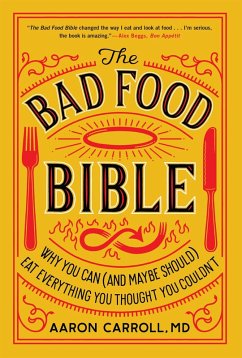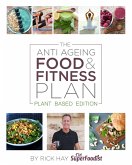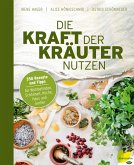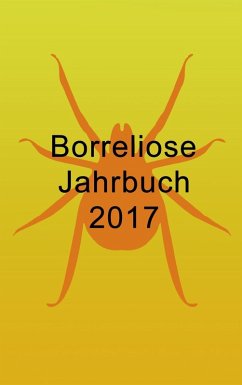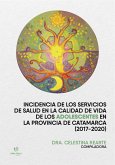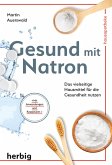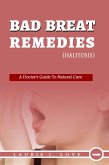Physician and popular New York Times contributor Aaron Carroll mines the latest evidence to show that many "bad" ingredients actually aren't unhealthy, and in some cases are essential to our well-being. Advice about food can be confusing. There's usually only one thing experts can agree on: some ingredients-often the most enjoyable ones-are bad for you, full stop. But as Aaron Carroll explains, if we stop consuming some of our most demonized foods, it may actually hurt us. Examining troves of studies on dietary health, Carroll separates hard truths from hype, showing that you can
- Eat red meat several times a week. Its effects are negligible for most people, and actually positive if you're 65 or older.
- Have a drink or two a day. In moderation, alcohol may protect you against cardiovascular disease without much risk.
- Enjoy a gluten-loaded bagel from time to time. It has less fat and sugar, fewer calories, and more fiber than a gluten-free one.
- Eat more salt. If your blood pressure is normal, you may be getting too little sodium, not too much.
Dieser Download kann aus rechtlichen Gründen nur mit Rechnungsadresse in A, B, BG, CZ, D, DK, EW, E, FIN, F, GR, HR, H, IRL, I, LT, L, LR, NL, PL, P, R, S, SLO, SK ausgeliefert werden.

